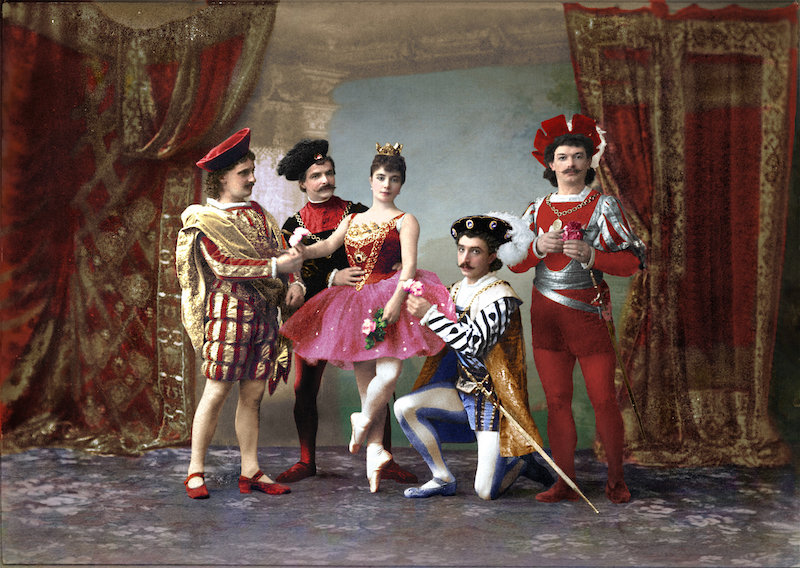Icarus Films—the independent film producer that has created documentaries on Ohad Naharin, Pina Bausch and Trisha Brown—has a new dance film making its way to your laptops and living rooms.
Marius Petipa: The French Master of Russian Ballet is currently available for use by academic institutions and libraries, and will be released on home video and streaming platforms May 12.
Now, there is plenty of material out there about Marius Petipa, the French balletmaster who created some of ballet’s most iconic works during his tenure at the Imperial Ballet in St. Petersburg, Russia. Where other resources offer blanket praise, however, this hour-long documentary gives valuable insight for dance students and scholars (and the most ardent of audience members) to understand how we might frame Petipa in a contemporary, discerning way.
The film talks of Petipa’s failures in Europe, prior to his appointment as assistant balletmaster in Russia, which was a last ditch effort to find success in the field. The late bloomer’s legacy, and the overwhelming credit he receives for creations that were not entirely his own, is unpacked as a matter of timing, collaboration and a bit of dumb luck.
Petipa was, indeed, a genius at creating inventive and elaborate choreography—not that we would know what any of his dances really looked like. Marius Petipa: The French Master of Russian Ballet spends some time exploring how his ballets have been preserved, changed or reinterpreted. Nacho Duato, for example, discusses his version of Sleeping Beauty for Staatsballett Berlin, while Alexei Ratmansky talks about his faithful renditions of Petipa’s choreography credited through the Imperial Ballet’s archived notes.
Moreover, the film gazes at Petipa’s life and work through the social and political contexts in which he created, and, for this viewer, opens the door to questions about how and why those works resonate with contemporary audiences today.
